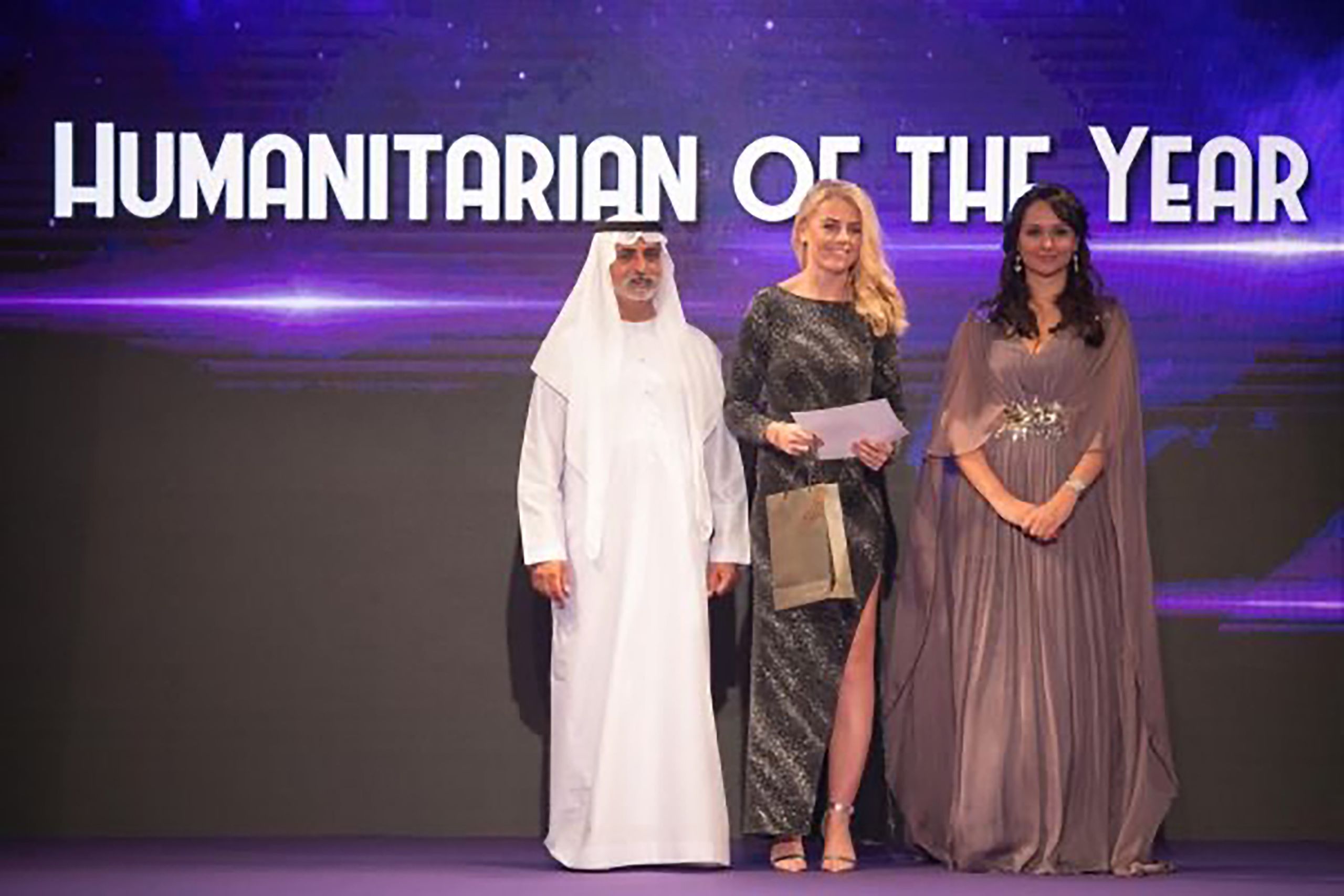DIPLOMAT
INTERVIEW
Venetia van Kuffeler learns about the fascinating events that led Sarah Brook to establish The Sparkle Foundation, a charity with a powerful international reach, providing a framework of best practice

Sarah Brook’s journey began at the start of her gap year, when she closed her eyes and pointed at the map. “My finger landed on Malawi,” and without knowing it, her destiny was set. With a friend, she travelled to Malawi, but soon realised the local food wasn’t agreeing with her. “After six weeks, I was rushed to hospital unconscious with a twisted bowel. They needed to operate, but there was a 90+ per cent chance of contracting HIV, as they didn’t have sterile equipment.” Her other choice was to travel to the private hospital two hours away, but she could have died on the way. “My friend took that chance. I had the surgery and spent three and a half weeks recovering at the hospital.” Later her friend told her that while she was seeing the first local doctor, up to 300 people were in the queue, but because she was white, she was given priority. “I learnt that some of the people in the queue had died. At that moment, I realised I owed the country of Malawi my life and had to do something to give back.”
Following her graduation from university, Sarah went back to Malawi with her mother, and they built a nursery school. After the project was complete, she handed it over to the community and returned to the UK to work for the BBC as sports journalist. A year later, Sarah returned to Malawi, but found that everyone had gone – and the nursery building was empty with no roof. Dismayed, Sarah’s research found that the average life cycle of a charity in Malawi was just two years, but she really wanted to understand where she went wrong. “I realised I’d placed my 21-year-old British views on the charity and walked away without thinking about sustainability.” She volunteered at 13 different charities around the world, including at the UN in Geneva. “I was saddened by what I found in the sector. People were saying they were making an impact, but I realised they were just putting a plaster over the wound, rather than looking at the wound itself.”
A job in PR and events took Sarah to Dubai, and she sent the tax-free portion of her salary back to Malawi. One day, she found herself holding the microphone for Elon Musk at the launch of Tesla in the region at the Burj Khalifa. “When I went home that night, I learnt that one of our children in Malawi had died that day from diarrhoea. How had I been with the richest man on the earth that morning, and this had happened by evening?” she recalls. Against the advice of her parents, Sarah moved to Malawi full-time, and registered The Sparkle Foundation as a charity in the UK. “This went viral around the UAE: ‘Expat swaps high rise apartment for mud hut in Malawi.’ It was not the headline I was looking for.” She was living in the village, with no electricity and collecting water from the borehole. “I really wanted to understand how the culture and country worked.” Over two years, she caught typhoid, malaria and dengue fever.
Meanwhile, The Sparkle Foundation was evolving. After noticing that children were falling asleep in class because they were hungry, they introduced a feeding programme. “We were feeding and educating children, but sadly some of them were still dying, so we started to provide medical help. But attendance in schools was still only 60 to 70 per cent, so we realised we needed to work with the community so they’d encourage their children to attend school. As soon as we empowered the parents with microfinance, attendance shot up. We had 5,000 children in school by 2017.”
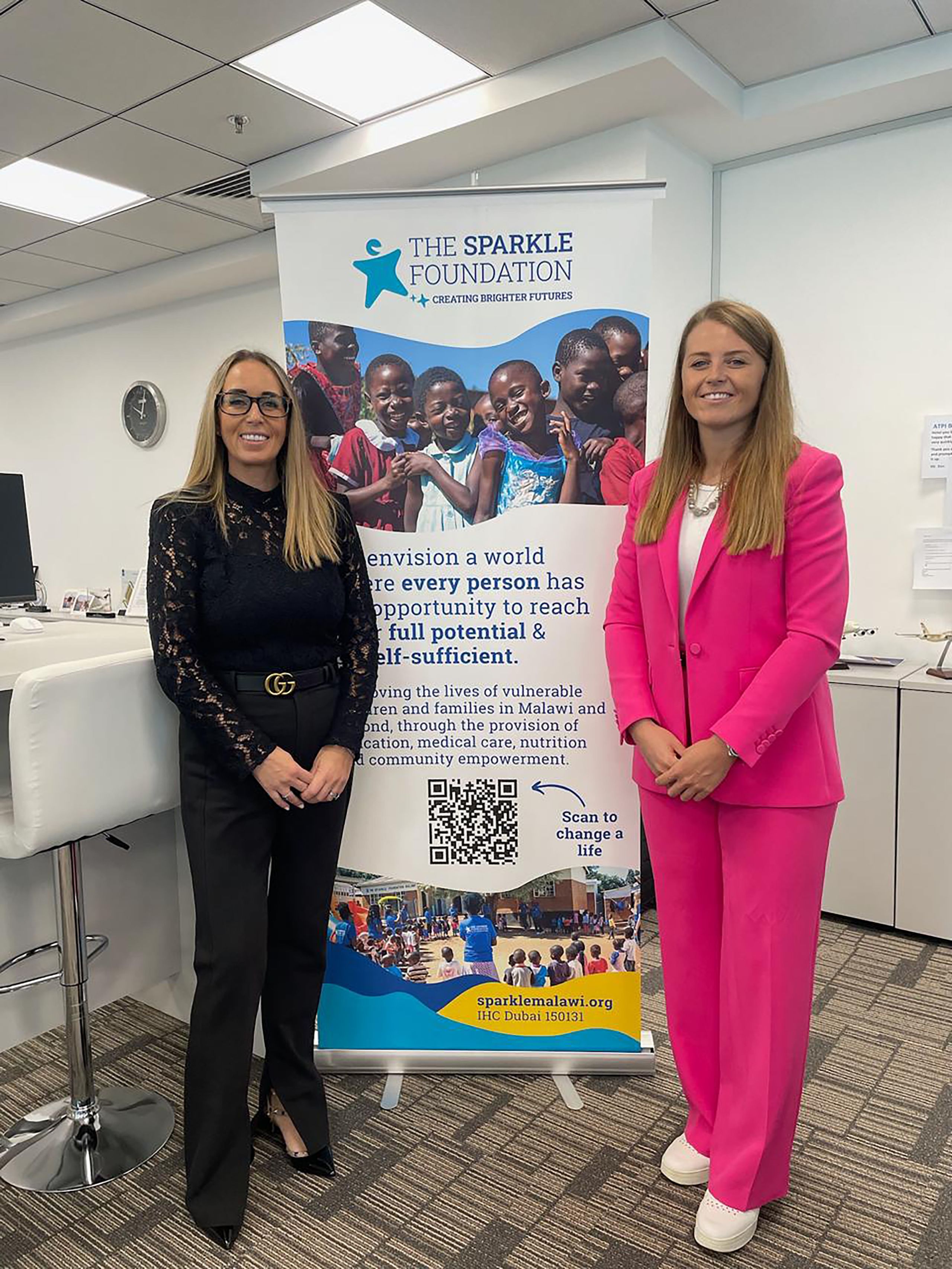
This went viral around the UAE: ‘Expat swaps high rise apartment for mud hut in Malawi.’ I was not the headline I was looking for.
Through this work, Sarah notes, “We realised it takes a whole holistic umbrella model to bring a child out of poverty. We began working with the government and health authority in Malawi (DHO), who provide medication. On the education side, we partnered with Montessori.” The Sparkle Foundation has also worked NGOs, UNICEF and Save the Children over the years, as well as with local businesses, who offered training and internships to women so they could learn a skill, and create their own business. Set up to help women thrive, the Foundation’s leadership team are all women, and over 50 per cent of staff are female. “A big element of our work is creating women as role models in society.”
Back in Dubai, Sarah’s work was recognised by the government’s Minister of Tolerance Sheikh Sheikh Nahyan, who awarded her with Humanitarian of the Year in the Middle East. “I was the first non-Arab to receive it, so that received quite a lot of attention, and I was invited to speak in schools, so I capitalised on that.”
Years of battling the system unfortunately took their toll when Sarah suffered a brain injury after she fainted and hit her head on concrete. In a coma for three and a half weeks with a bleed on the brain, she recounts how “No one could believe it when I woke up. I lost two years of memory that has never returned and had to learn to walk and talk all over again. It took me a year to recover, but I’m grateful to be alive.”
While in hospital, the charity inevitably suffered, which led them to establish their final pillar: sustainability. To ensure the longevity of the charity, she explains “We built a Corporate Social Responsibility (CSR) programme, and Clifford Chance decided they wanted to implement it, and many other companies followed and signed up.” In Malawi, she started working with the British Embassy and Consulate. In 2020, the UAE government started sponsoring her under their golden visa scheme, so she set up The Sparkle Foundation in Dubai.
At this point, she notes, they focused on “creating a best practice charity model that works with collaborations between governments, corporates and volunteers, so that other charities don’t have to experience the difficulties that I did. Two years on, we are the fastest growing charity in the UAE.” Last December she experienced the most memorable moment of her career. “I was back on the stage at the Burj Khalifa, but this time for a fundraising event for The Sparkle Foundation with 450 paying guests. Guests including members of the UAE Royal Family were there to support my vision to help children’s lives. Today, Sparkle has 50 staff members, and 250 volunteers. The Foundation has helped 20,000 lives, in three different sites, and we are currently looking to replicate into other countries.”
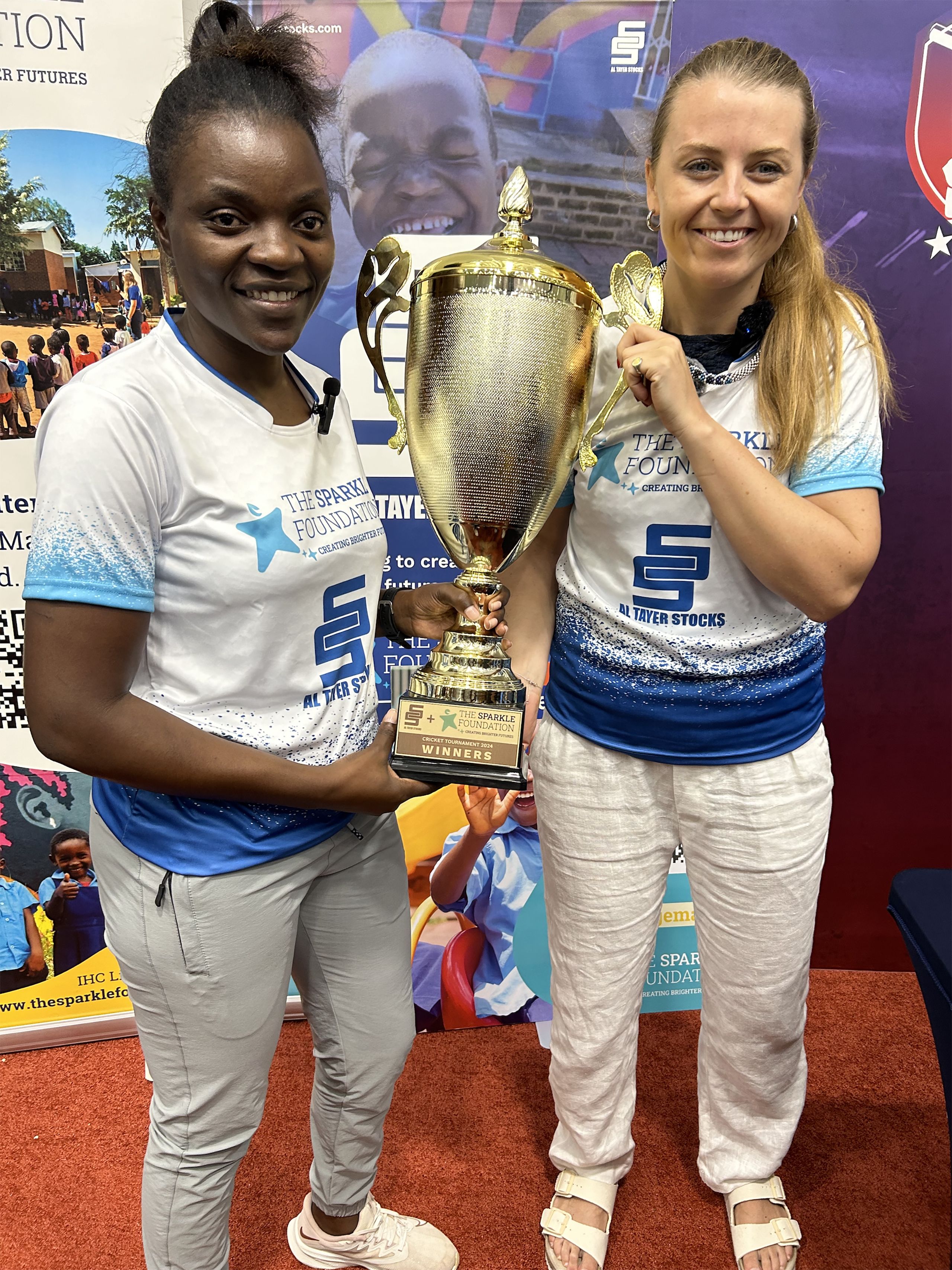
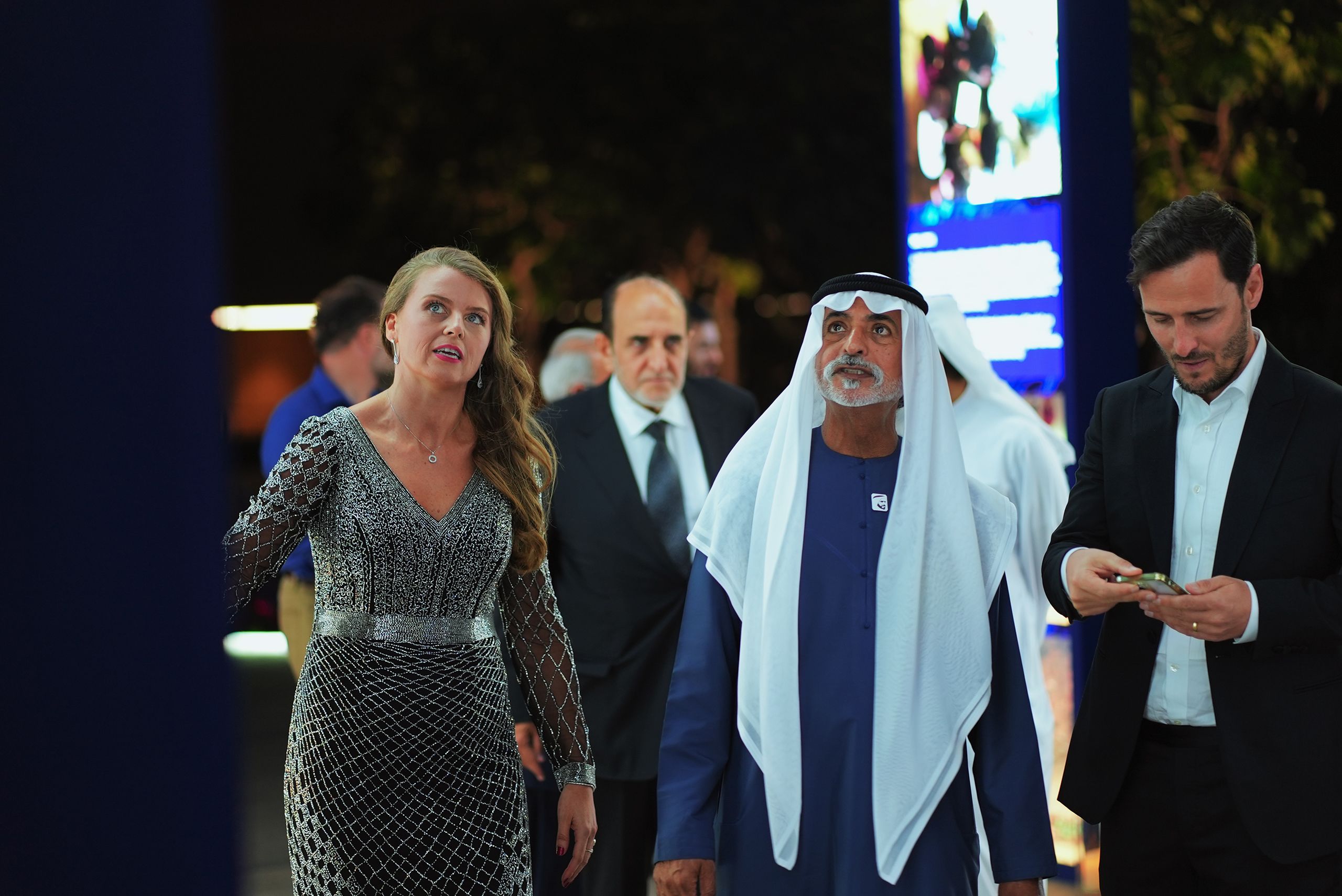
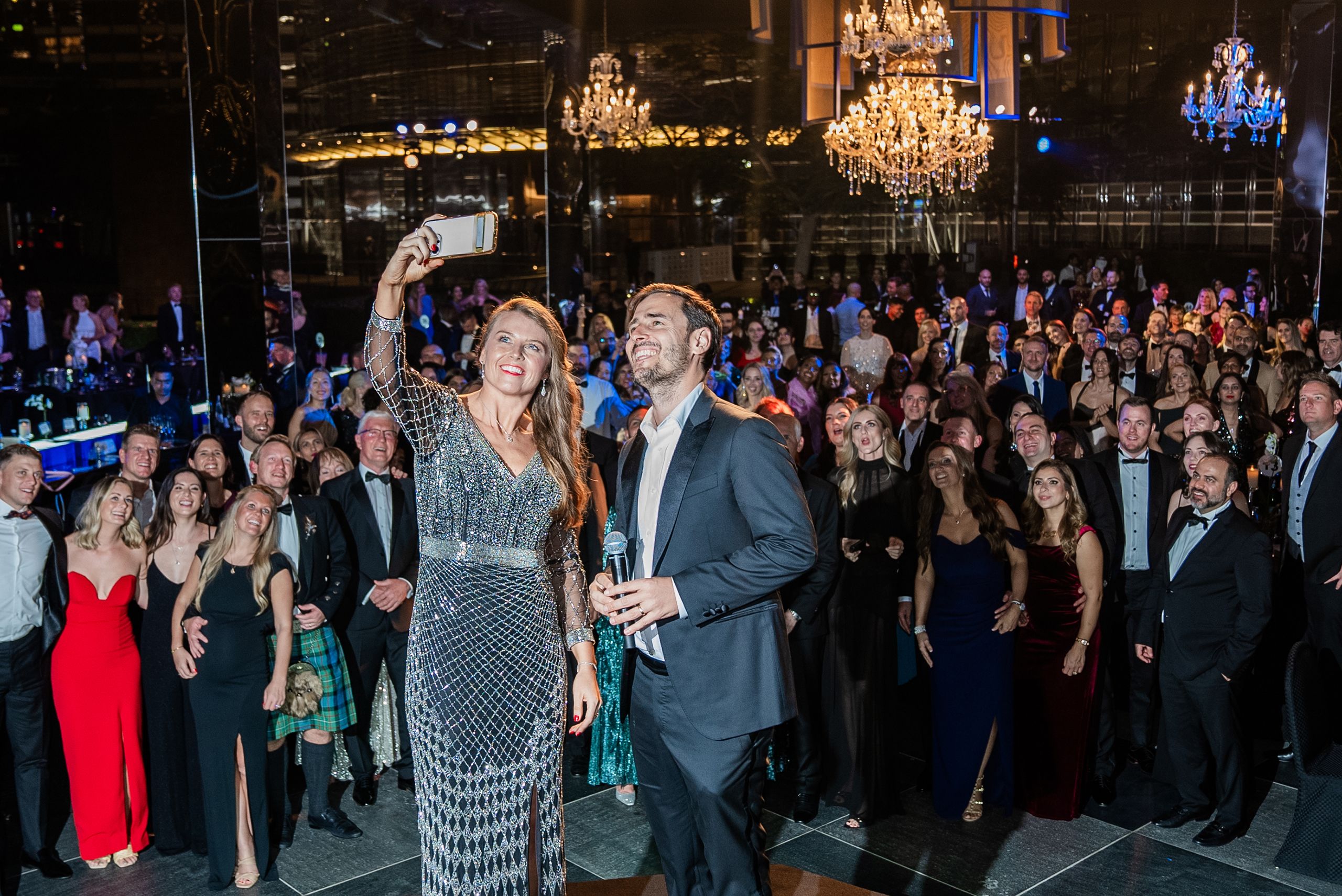
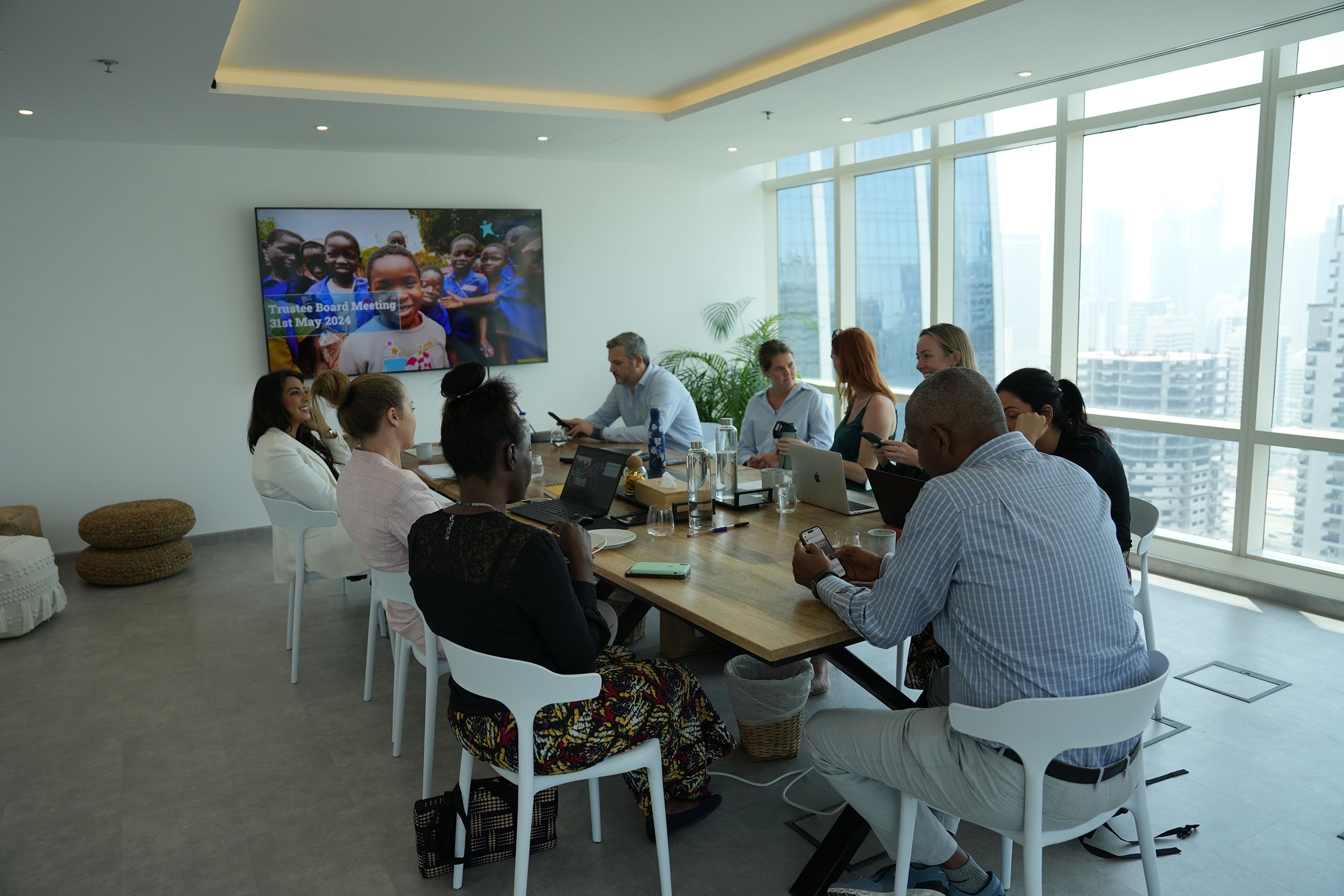
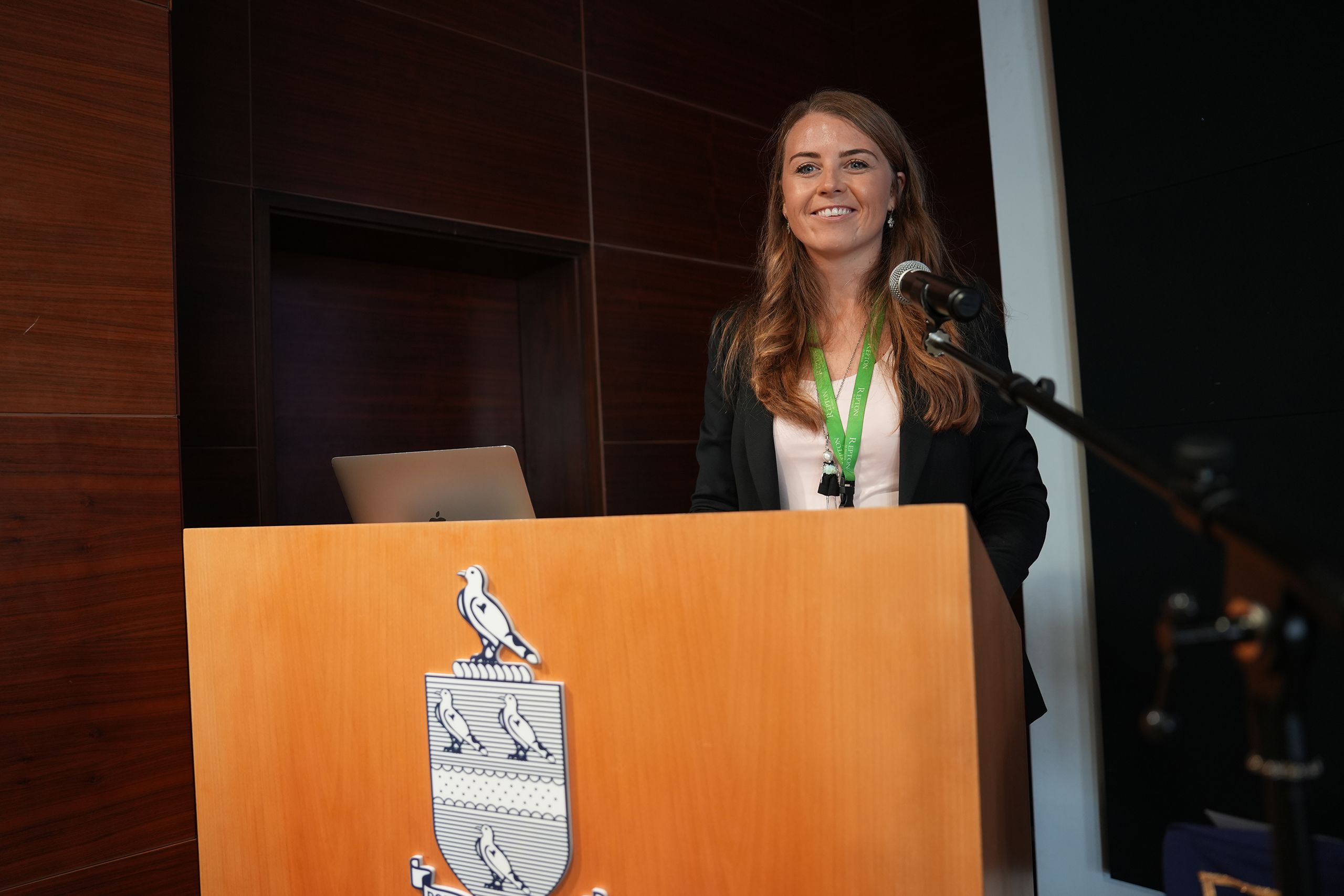
Looking ahead, Sarah’s plans for The Sparkle Foundation certainly don’t end here. “We’d like to be positively impacting 100,000 lives by 2030. We have had proposals from Ghana, South Africa, North Macedonia, Kenya and Uganda to replicate our model. But we must ensure this model is accessible to everyone. And that we have a franchise that can be recognised as the ‘go to’ version for grassroots charities.”
So what might the future bring? Sarah is aware that The Sparkle Foundation is close to being recognised as a grassroots charity best practice franchise model. “The Sparkle Foundation hits 10 years next May, and we hope to commemorate this milestone through AI and digital transformation. We’d like people to be able to drop the coordinates of a location, to be able work out what the feasibility of establishing a charity might be, before they invest and waste lots of money on something that might not work.”
“I am living proof that if you put your mind to it, anyone can actually do this. I’m fortunate to have met people who have supported me along the way, like Patrick Doyle, founder and CEO of International Diplomatic Supplies.”
Reflecting on the path of The Sparkle Foundation so far, Sarah says: “Our whole outcome is to create brighter futures, whether you are a beneficiary or donor. Listening to the news, the world looks fairly bleak, but Sparkle has given people help and purpose – together we can make a difference.”

